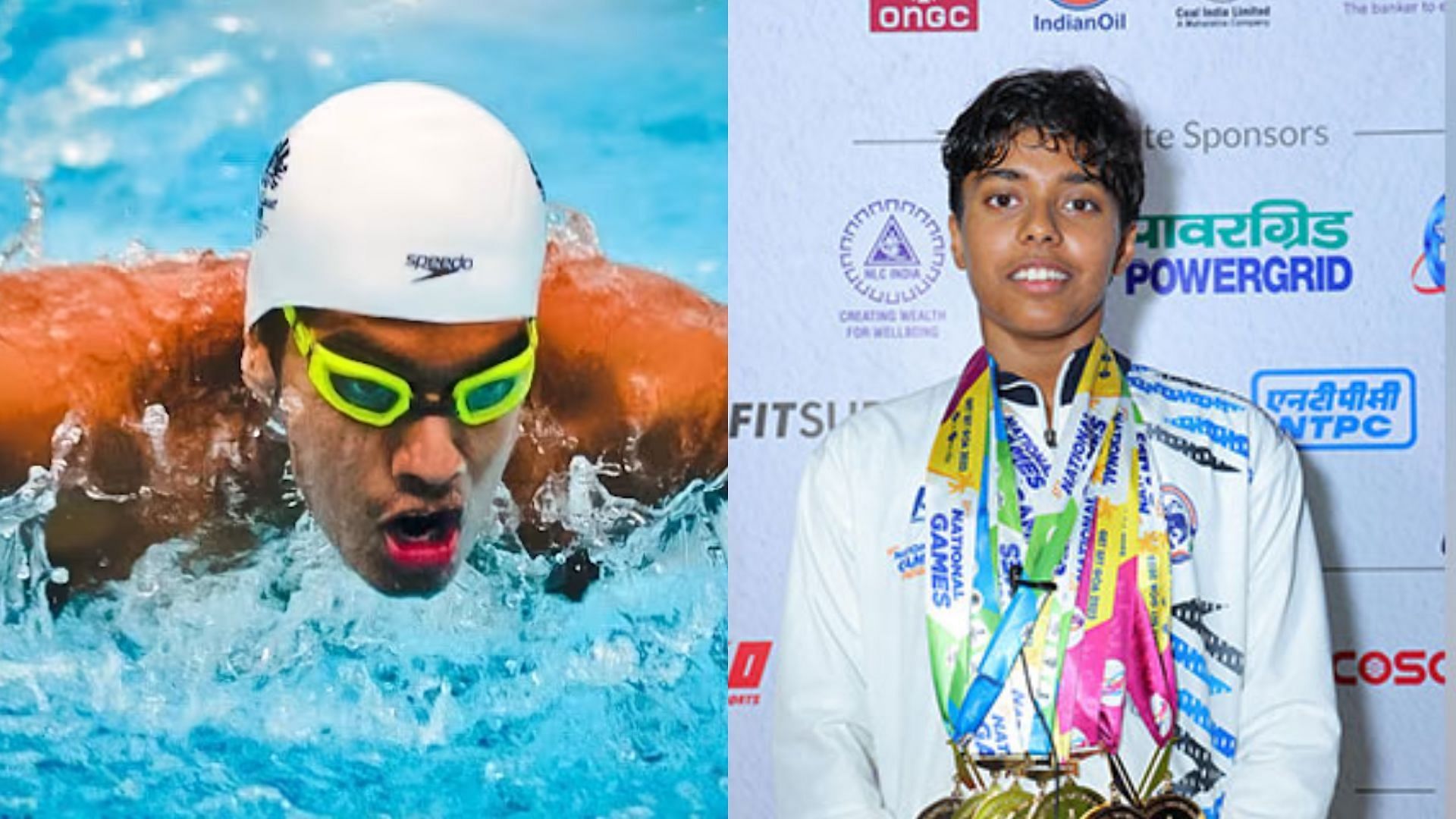
How did Srihari Nataraj and Dhinidhi Desinghu qualify for the Paris Olympics 2024 despite no direct qualification for Indian swimmers?
Indian swimmers Srihari Nataraj and Dhinidhi Desinghu have earned their places for the Paris Olympics 2024 despite not achieving direct qualification They secured their spots through the Universality Places qualification system, allowing India to be represented in Olympic swimming events.
The Swimming Federation of India (SFI) announced on June 26 that Srihari Nataraj and Dhinidhi Desinghu would be representing India at the Paris Olympics, following the approval from World Aquatics. This decision came after the June 23 cut-off date, by which no Indian swimmer had met the Olympic qualification standards.
Srihari Nataraj, the top-ranked male Indian swimmer with 849 points on the World Aquatics points table, will compete in the men’s 100m backstroke event. He previously qualified for the Tokyo Olympics 2020 after achieving an ‘A’ standard time in the men’s 100m backstroke. Paris 2024 will thus mark his second consecutive Olympic appearance.
Meanwhile, Dhinidhi Desinghu, the highest-ranked female Indian swimmer with 749 points, will participate in the women’s 200m freestyle event. This will be Dhinidhi’s maiden Olympic appearance, coming at a young age of just 14 years.
Their rankings made them eligible for the Universality Quota, ensuring their participation in the upcoming Summer Games. It will be interesting to see how they fare at the mega-event scheduled to take place from July 26 to August 11 in Paris.
What is the Universality Quota system?
The Universality Quota system ensures that countries without swimmers who meet direct qualification standards can still participate in the Olympics.
This system, established by the International Olympic Committee (IOC) and World Aquatics (formerly known as FINA), allows each nation to send their highest-ranked male and female swimmers, fostering inclusivity and global representation.
Under this system, National Olympic Committees (NOCs) can nominate their highest-ranked swimmers in each gender if no athletes from their country have qualified directly. This approach ensures that more nations can participate in the Olympics.